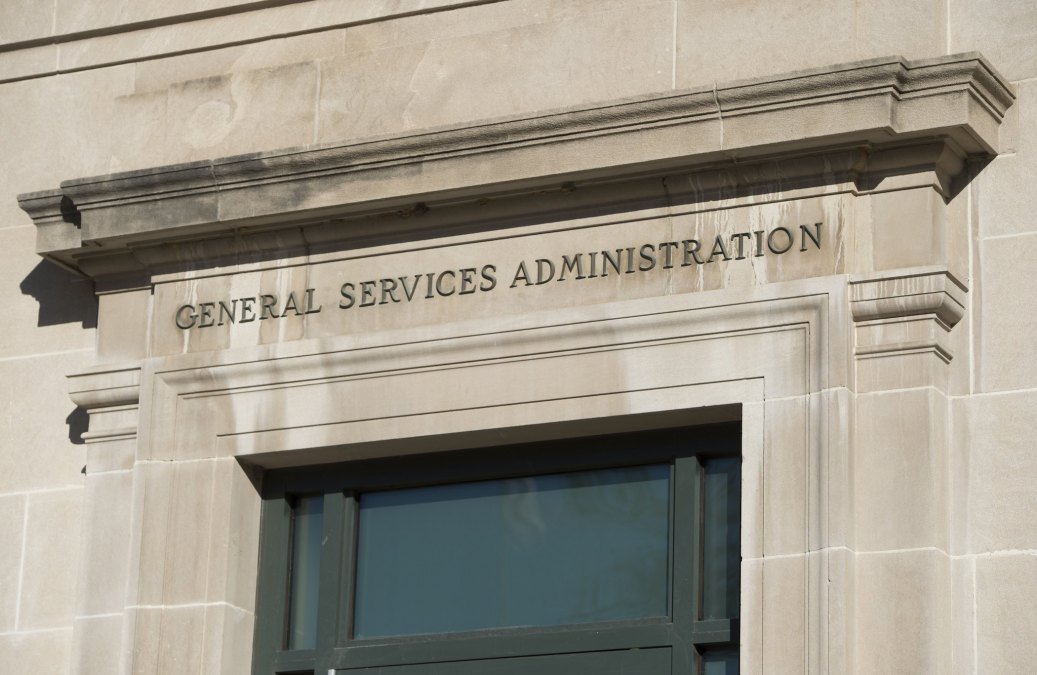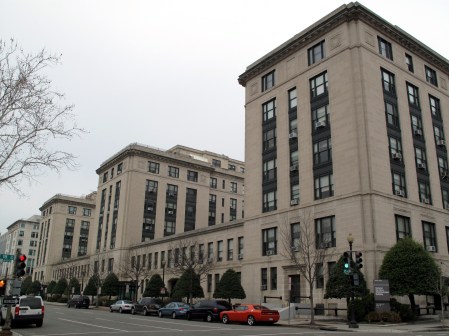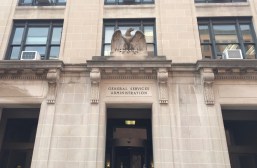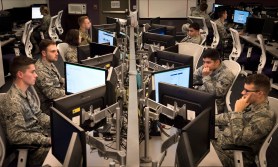Federal judge won’t halt new task orders on $5.5B 2GIT contract

A federal judge won’t halt new task orders on a sprawling $5.5 billion IT contract, so long as the General Services Administration reevaluates Blue Tech’s bid by Sept. 14.
Court of Federal Claims Judge Edward Meyers granted Blue Tech relief, in the form of the reevaluation, after finding GSA “irrationally failed to follow its own solicitation” in rejecting the company’s Second Generation IT (2GIT) proposal, according to his opinion.
GSA made nine, five-year blanket purchase agreement (BPA) awards in February for 2GIT, a best-in-class contract developed with the Air Force to allow defense and civilian agencies and state, local and tribal governments to purchase commercial-off-the-shelf technologies from 79 companies. But GSA rejected Blue Tech’s bid to be a contractor team arrangement (CTA) lead on grounds the judge found “arbitrary and capricious.”
Still, the judge agreed with the injunction terms GSA proposed Aug. 10 — citing “national security issues” with further delaying a contract already re-awarded once — despite Blue Tech’s fears reevaluation would drag on “needlessly,” unless 2GIT task orders after Aug. 20 are halted.
“Because of the efficiency with which the government anticipates conducting its re-evaluation, the court does not think it necessary at this time to enjoin the government from continuing to place orders under the current awards,” the judge wrote in his order.
While Blue Tech belongs to three teams that won 2GIT BPAs, it would need CTA lead approval to bid on any task order it wished to fulfill for an agency. That didn’t sit well with an incumbent on 2GIT’s predecessor, the NETCENTS-2 contract.
GSA rejected Blue Tech’s proposal to be a CTA lead because the advanced secure web gateway device (ASWGD) included in the company’s quote didn’t have six terabytes of storage and 32 gigabytes of memory installed, but rather three terabytes and 24GB.
The agency used a market basket-evaluation approach, where bidders quoted their prices for frequently purchased technology products like the ASWGD, in making BPA awards. Except the solicitation merely required an ASWGD be “capable of supporting” six terabytes of storage and 32GB of memory.
Blue Tech’s initial quote for an ASWGD had eight terabytes of storage and 32GB of memory installed, but GSA warned its offered price was too high and its bid would be more competitive if it removed excesses. So the company altered its proposal, only to have it rejected.
In Blue Tech’s protest of GSA’s decision it argued its ASWGD fulfilled the agency’s solicitation requirements because it was still “capable of supporting” more storage and memory, an interpretation the judge found reasonable in siding with the company.
“In the preliminary injunction stage, the government argued that the market basket was not intended to provide for working installations. The government cannot have it both ways,” wrote the judge in his opinion. “If the solicitation truly requires quoters to quote only functional devices in their proposals, the government must exclude each of the offerors that proposed the cold standby version of the ASWGD that are not functional as quoted.”
Blue Tech and GSA did not respond to a request for comment.






